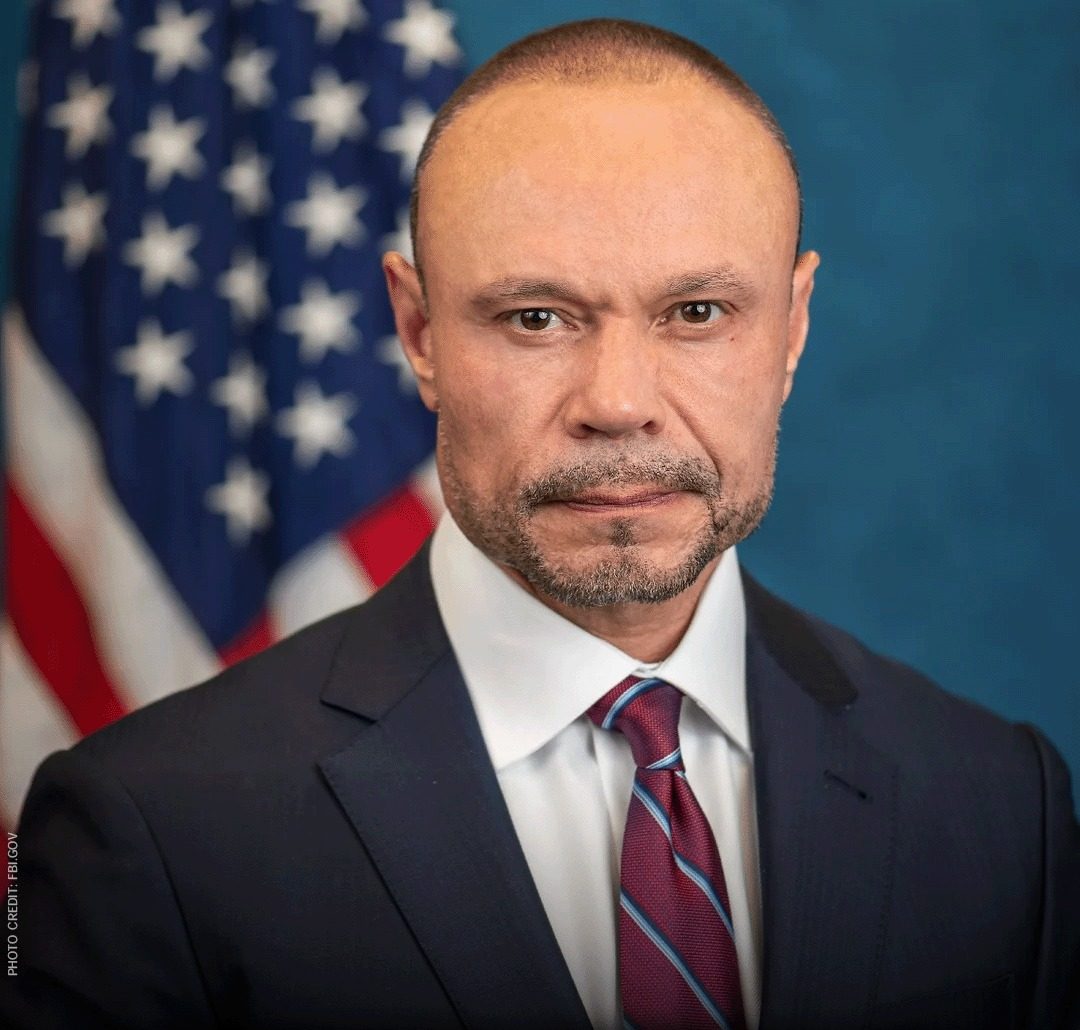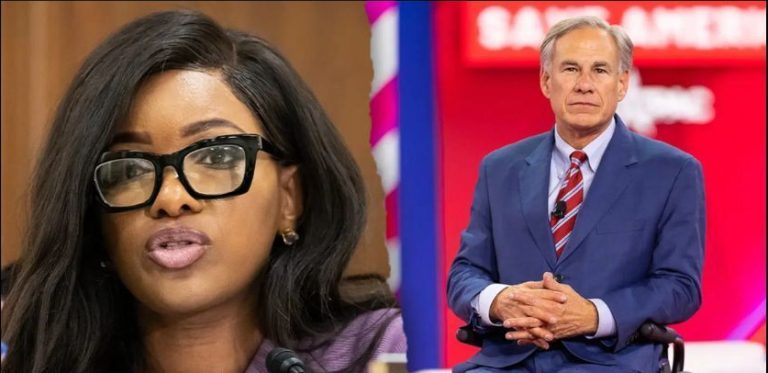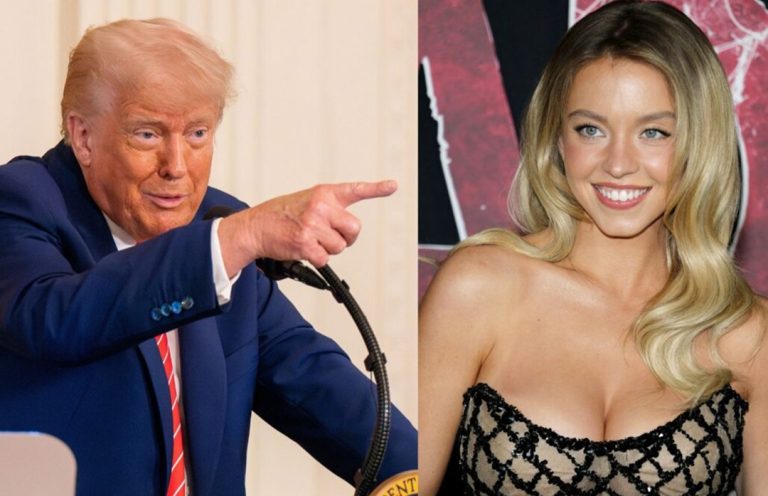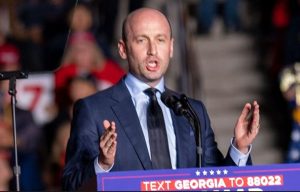In a surprising turn of events, FBI Deputy Director Dan Bongino has announced the reopening of several high-profile investigations, including the unresolved 2023 discovery of cocaine at the White House. This decision comes nearly two years after the Secret Service abruptly closed the case without identifying any suspects, prompting public skepticism and political speculation.
Cocaine Discovery That Sparked Controversy
The original incident occurred on July 2, 2023, when a small plastic bag containing a white powder—later confirmed to be cocaine—was found inside a visitor cubby in the West Wing of the White House. The area is frequently used by staff, contractors, and guests to store personal items during tours or meetings. The discovery led to a brief evacuation and a flurry of security concerns. President Biden and his family were at Camp David at the time.
Despite the high-security environment and presence of surveillance cameras, the U.S. Secret Service concluded its investigation after just 11 days, citing a lack of forensic or video evidence. The abrupt closure without naming a suspect drew criticism from lawmakers and fueled conspiracy theories, particularly surrounding Hunter Biden, although no evidence ever linked him or any member of the First Family to the incident.
FBI’s Renewed Focus and Leadership Shift
Now, under the direction of Deputy Director Dan Bongino and Director Kash Patel—both newly appointed under the current administration—the FBI is revisiting the case. Bongino, a former Secret Service agent and conservative media figure, has been vocal about his dissatisfaction with how the case was originally handled.
Speaking at a recent press conference, Bongino said, “This is a matter of national security and public trust. Americans deserve to know the truth when illegal substances are discovered in one of the most secure buildings in the world.”
He added that the Bureau is deploying additional personnel and leveraging newer forensic tools and investigative methods. The FBI has also opened a public tip line, encouraging anyone with knowledge or insight to come forward.
Political Ramifications and Renewed Scrutiny
The reopened case is already stirring political debate. Critics argue the initial investigation may have been prematurely closed due to political sensitivities. Some conservative lawmakers have reignited their demands for congressional oversight, suggesting that the initial findings were incomplete or intentionally limited. While no direct evidence has ever tied the Biden family to the substance, the lack of resolution has continued to serve as a point of contention in partisan circles.
Bongino, for his part, has promised transparency. He said updates would be made available to the public as the investigation progresses, emphasizing the importance of restoring faith in federal law enforcement institutions.
Broader Reinvestigative Effort
This investigation is part of a larger initiative launched by the FBI to reexamine a number of stalled or unsolved cases that have eroded public trust in government agencies. Alongside the White House drug case, the Bureau is also reopening the probe into the 2022 leak of the Supreme Court’s draft opinion in the Dobbs v. Jackson case, which revealed the Court’s intent to overturn Roe v. Wade months before the official ruling. Additionally, investigators are taking a fresh look at the 2021 pipe bomb incidents near the Democratic and Republican national headquarters.
Each of these cases, Bongino said, represents a broader challenge to institutional integrity and public accountability. “We’re not just reopening investigations—we’re reestablishing the standard for law enforcement,” he stated.
What Comes Next?
The renewed interest in the White House cocaine case signals a shifting tone in federal investigations, with more emphasis on thoroughness and transparency. While it remains to be seen whether the reopened probe will yield new evidence or suspects, the move has already reignited national attention on the case—and on the broader role of the FBI in holding power to account.
As public interest in these high-profile cases grows, the FBI’s handling of them may serve as a litmus test for public confidence in federal oversight moving forward.









